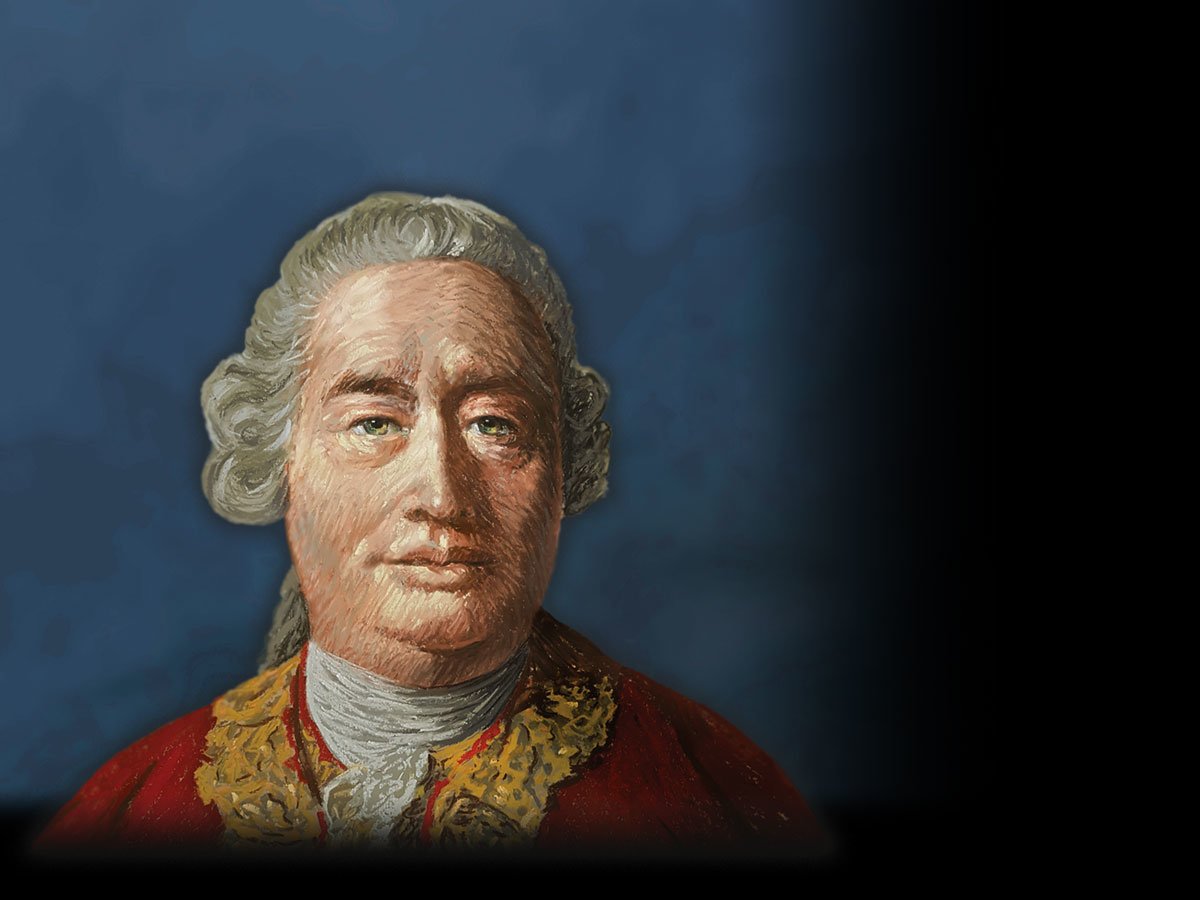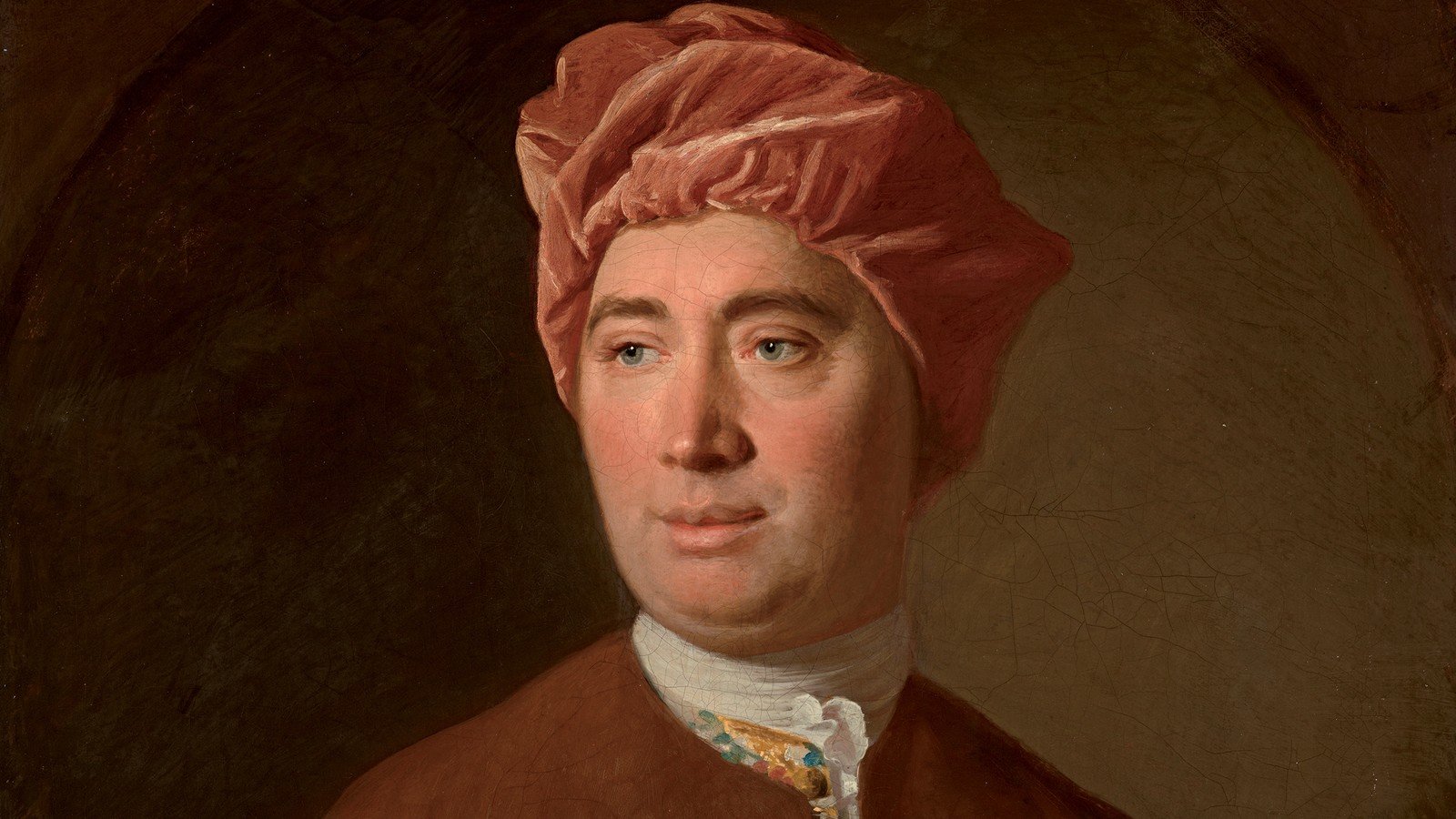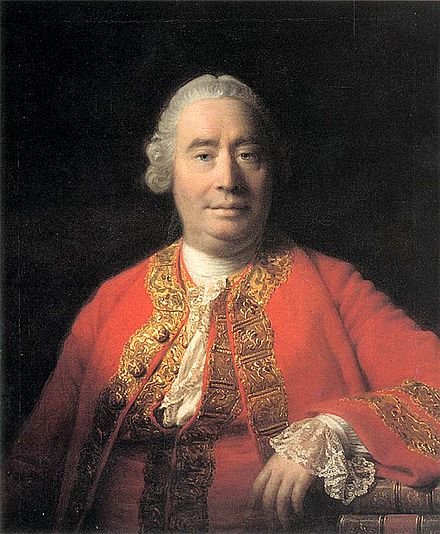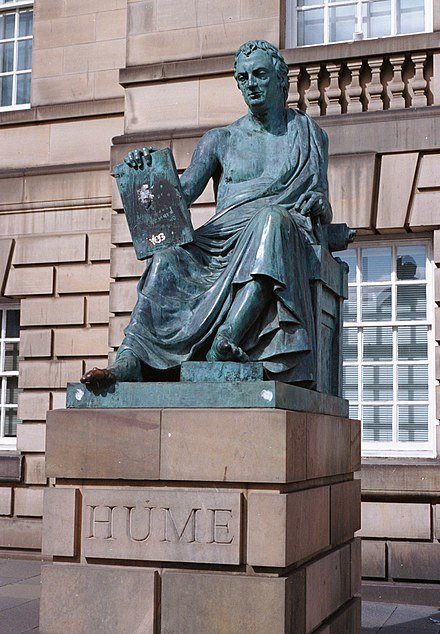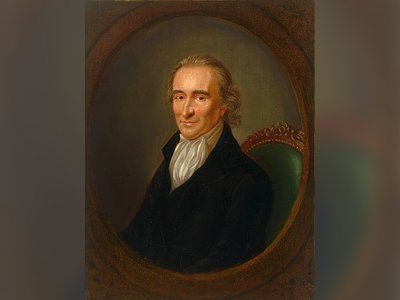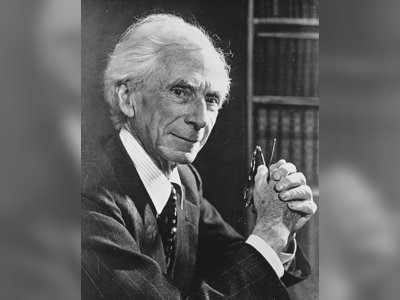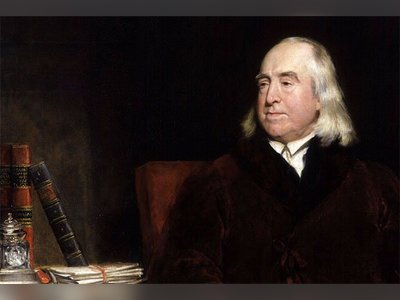British Heritage
Remember, Cherish, Learn.
beta
David Hume - Scottish Enlightenment Empiricist 1740s
Scottish Enlightenment Empiricist and his Contribution to British Heritage.
Introduction
David Hume (1711–1776) was a prominent figure in the Scottish Enlightenment, a period of intellectual flourishing in Scotland during the 18th century. He was a philosopher, historian, economist, librarian, and essayist, whose ideas have left a lasting impact on British heritage and the development of modern philosophical thought. Hume is best known for his system of philosophical empiricism, skepticism, and naturalism, which sought to understand human nature and knowledge through empirical observation and experience.
Legacy and Contribution to British Heritage
Hume's legacy and contribution to British heritage lie in his profound influence on various fields and thinkers. His ideas had a significant impact on utilitarianism, logical positivism, the philosophy of science, early analytic philosophy, cognitive science, theology, and more. Hume's intellectual contributions were so profound that even Immanuel Kant, a prominent philosopher of the era, credited Hume as the inspiration who awakened him from his "dogmatic slumbers."
As a Scottish Enlightenment philosopher, Hume contributed to the flourishing of intellectual thought and cultural exchange in Scotland during that period. His emphasis on empirical reasoning and naturalistic explanations of moral phenomena challenged traditional religious and philosophical beliefs, opening up new avenues of thought and inquiry. This intellectual environment paved the way for further advancements in science, philosophy, and political theory in Britain.
Philosophical Empiricism and Skepticism
Hume's philosophical system was based on empiricism, which posited that all human knowledge is derived solely from experience. He argued against the existence of innate ideas and asserted that our understanding of the world is shaped by our observations and sensory experiences. Hume emphasized the importance of impressions and ideas in the human mind. Impressions are direct, forceful sensations we experience, while ideas are derived from impressions and are less forceful.
His radical skepticism extended to the concept of causality. Hume believed that inductive reasoning and belief in causality cannot be justified rationally; instead, they are products of custom and mental habit. We do not perceive one event causing another; rather, we observe the constant conjunction of events. This led to the problem of induction, where drawing causal inferences from past experiences relies on the presupposition that the future will resemble the past, a presupposition that cannot be grounded in prior experience.
Ethics and Sentimentalism
Hume's philosophical views on ethics challenged traditional moral principles. He believed that human behavior is governed more by passions than by reason, famously stating that "Reason is, and ought only to be the slave of the passions." Hume was a sentimentalist, arguing that ethics are based on emotions or sentiments rather than abstract moral principles. He suggested that ethical judgments are products of our feelings towards certain actions, and moral values arise from our emotional responses to situations.
Moreover, Hume's views on the is-ought problem were revolutionary. He argued that a statement of fact alone cannot give rise to a normative conclusion of what ought to be done. In other words, objective descriptions of the world cannot directly yield moral prescriptions.
Views on Religion
Hume's philosophical thoughts extended to the realm of religion. He was critical of religious beliefs and miracles, rejecting the argument from design for God's existence. His ideas were considered highly controversial for his time, challenging traditional religious doctrines and advocating for a naturalistic view of the world.
The Self and Free Will
Hume also delved into the nature of the self and the concept of free will. He denied that humans have an actual conception of the self, proposing that we experience only a bundle of sensations, with the self being nothing more than this bundle of causally-connected perceptions. Hume's compatibilist theory of free will asserted that causal determinism is compatible with human freedom, challenging traditional notions of free will and personal responsibility.
Major Works and Influence
Hume's most significant works include "A Treatise of Human Nature" (1739–40), "An Enquiry Concerning Human Understanding," and "An Enquiry Concerning the Principles of Morals." Although the "Treatise" was initially met with disappointment, Hume's later writings, particularly the "Enquiries," gained more recognition and established him as a prominent philosopher.
His influence extended well beyond his lifetime, as his unrestrained thinking left a lasting impact on virtually all subsequent Western philosophers. Figures such as Immanuel Kant, Jeremy Bentham, John Stuart Mill, Karl Marx, and many others drew inspiration from Hume's ideas, shaping the course of philosophical thought in Britain and beyond.
Early Life and Career
Hume was born on 7 May 1711 in Edinburgh's Lawnmarket. His early education took place at the University of Edinburgh when he was just 12 years old. However, he held little respect for his professors, believing that everything they taught could be found in books.
He made a philosophical discovery around the age of 18, which inspired him to pursue intellectual pursuits. During his early career, Hume faced challenges in establishing himself as a philosopher, but he achieved literary success as an essayist and librarian at the University of Edinburgh. His tenure as a librarian provided him access to research materials, allowing him to write his influential six-volume "The History of England," which became the standard history of England at the time.
Hume's reputation as a philosopher grew over time, and he later served as an envoy to the courts of Turin and Vienna. He returned to Edinburgh, where he continued his philosophical work and wrote his autobiography titled "My Own Life."
Death and Legacy
Hume died in Edinburgh on 25 August 1776, leaving behind a lasting legacy that continues to shape philosophical discourse to this day. His tomb, as per his request, stands on Calton Hill, inscribed simply with his name and the years of his birth and death.
In conclusion, David Hume's contributions to British heritage and the broader intellectual landscape have been profound. As a Scottish Enlightenment Empiricist, he challenged traditional beliefs, promoted the use of empirical reasoning, and laid the groundwork for modern philosophical thought. His ideas on empiricism, skepticism, ethics, religion, and free will continue to inspire and influence philosophers, scientists, and thinkers across the world.
- David Humeen.wikipedia.org
